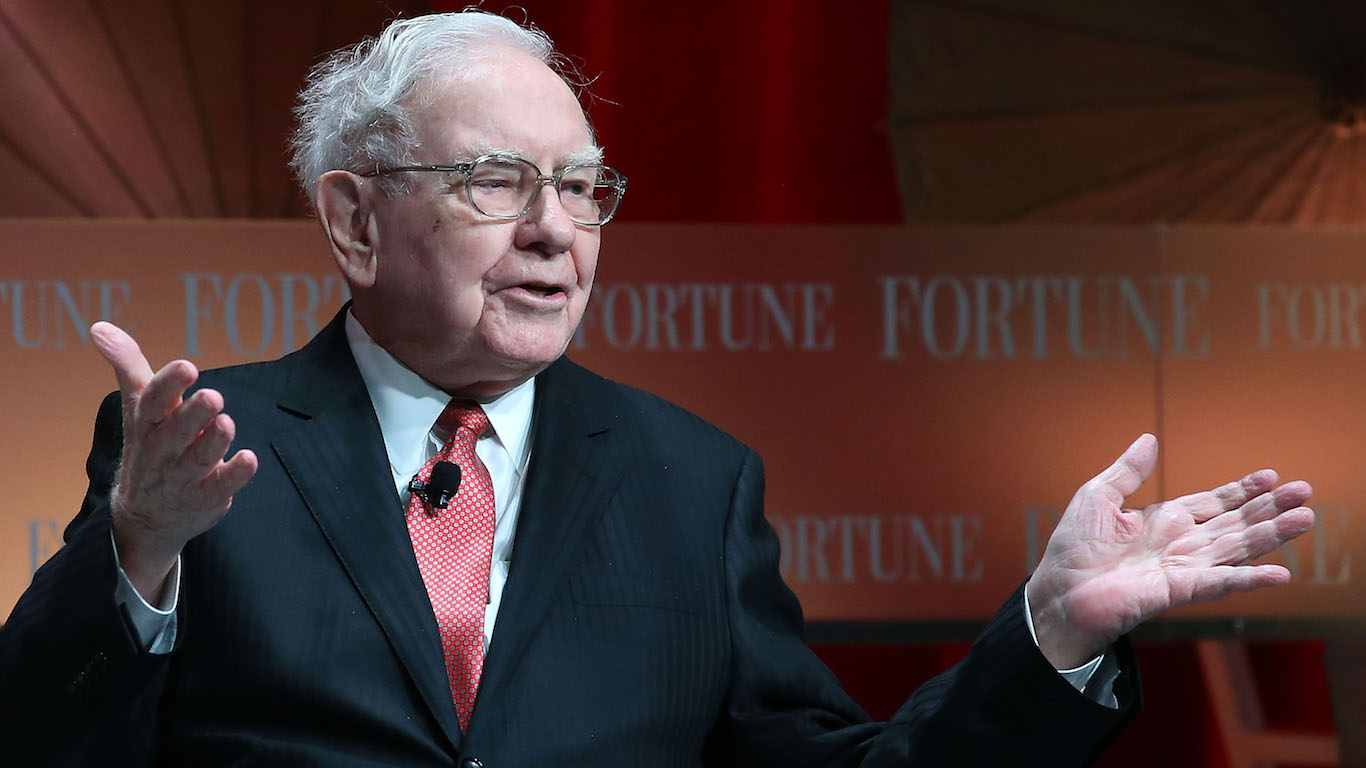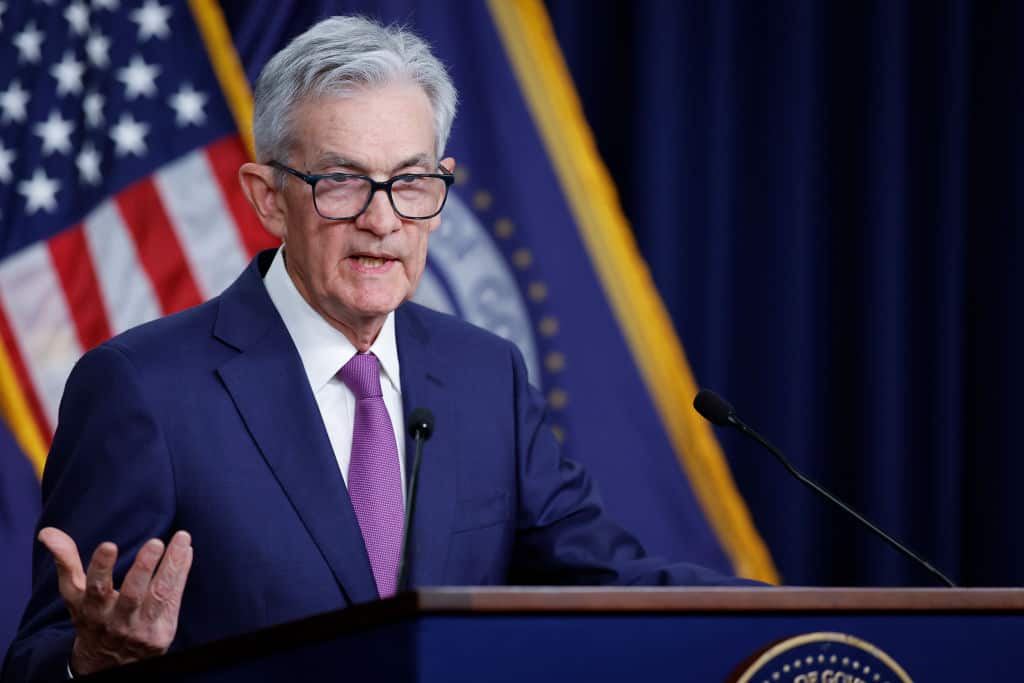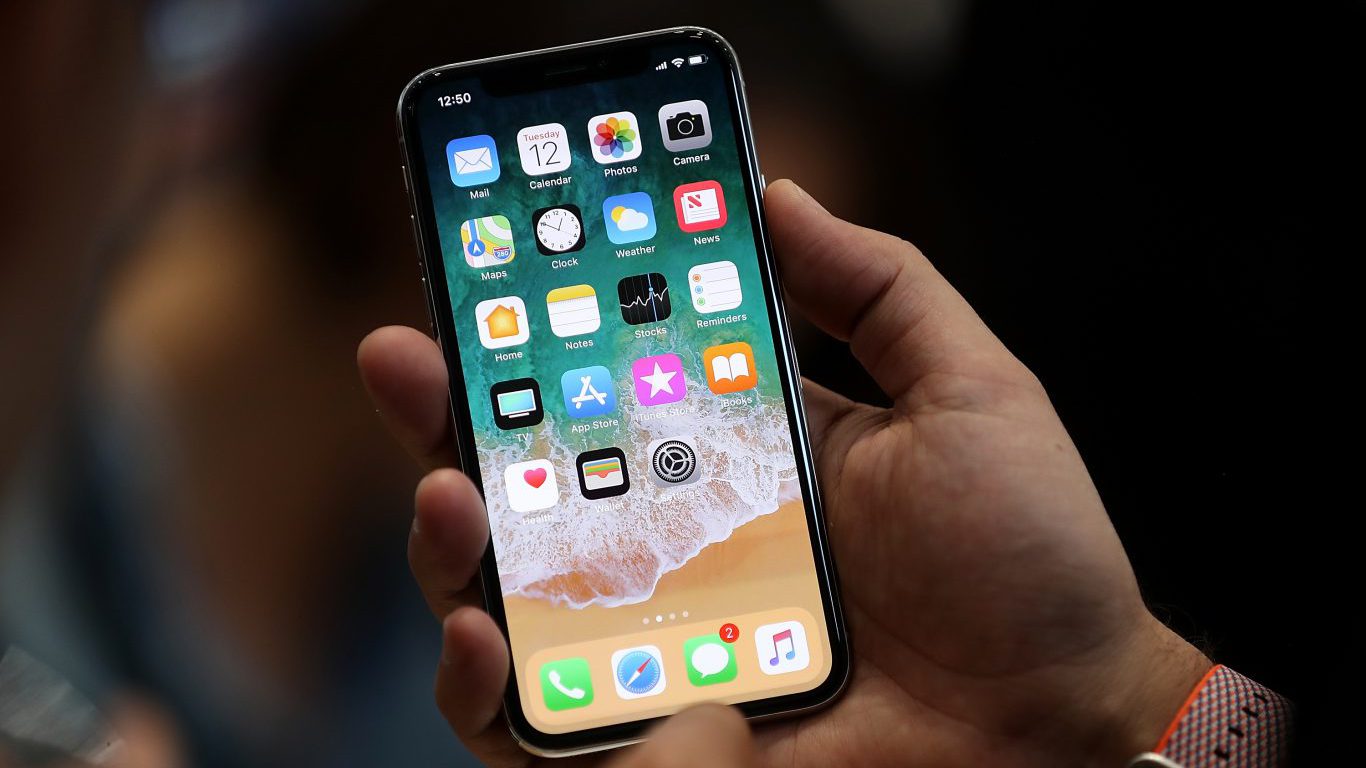Investing
3 Things Warren Buffett's Recent Stock Moves May Tell Us About the Economy

Published:

Warren Buffett’s recent stock moves have not been a vote of confidence for investors looking to profit from the next inning of the bull market. Indeed, the so-called economic soft landing still seems achievable as the Fed finally slashes rates.
However, with Buffett raising cash from his top holdings in iPhone maker Apple (NASDAQ:AAPL) and Bank of America (NYSE:BAC), some may think the bears could win its tug-of-war against the bulls. Significant selling from Buffett is never comforting, but before you freeze your buying activity or go on a selling spree, it’s worth digging deeper into Buffett’s latest moves to find subtle breadcrumbs about where the economy could be headed next.
Indeed, Warren Buffett is not a man who makes moves based on where he (or his colleagues) thinks the economy is headed next. While economic data points may be useful to some market participants who know how to interpret them best, much of the data tends to be baked into stocks immediately after they are released to the public, making them of little value to investors hoping to gain a leg up.

Undoubtedly, Buffett stands out as a bottoms-up investor instead of a top-down investor. Though some of Berkshire Hathaway (NYSE:BRK-B) bets have been relatively short-lived, many of the larger holdings tend to be multi-year or even multi-decade holds. In such a lengthy time horizon, the economy will endure more than its fair share of wild swings in both directions.
Given this, it’s no mystery why Buffett doesn’t base investment decisions on economic predictions, outlooks, or data points. Instead, he focuses on buying shares of solid companies at prices that are either fair or perhaps a slight discount to fair value.
While some may view the scale of recent stock selling as a warning of an economic recession or a harder-than-expected landing, I’d be more inclined to view recent profit-taking as a sign that a soft landing may already be a given.

Undoubtedly, the top blue-chip mega-cap titans, like Apple, have been hit with considerable selling this summer. Still, if we’re dealt a more challenging landing, valuations on a range of stocks stand to contract further. Love it or hate it, AAPL stock trades at a premium multiple right now at 33.91 times trailing price-to-earnings (P/E), a heck of a lot higher than the level where Buffett tends to be a buyer.
Yes, there’s AI optimism as iPhone 16 preorders come in. That said, if the economy is in for more than just a soft fall, perhaps it’s the iPhone 17 that could enjoy that much-anticipated supercycle as investors look to save up for a while longer. In any case, expectations could have the potential to be a tad too hot as analysts seek any bits of information on how Apple’s latest smartphone sells, months before Apple Intelligence, the main driver of an upgrade cycle, formally launches.
Additionally, the big banks tend to wobble violently when the winds of recession move in. Currently, BAC stock doesn’t look priced with anything harder than a soft landing in mind. At writing, BAC shares go for 13.6 times trailing P/E, which seems a bit expensive, at least from a historical standpoint.

Buffett and Berkshire haven’t been exclusive sellers so far this year. They’ve done their fair share of buying as well, though not nearly as much as the selling they’ve done. With Berkshire steadily adding to its Occidental Petroleum (NYSE:OXY) position, perhaps Berkshire is feeling upbeat about the old-school energy sector.
While OXY stock has been sagging in recent months, shedding 15% in the past three months, I do think investors could have an opportunity to get in the name at a better price than Buffett himself. Of course, it remains to be seen how Buffett and company react to the latest pullback in the name.
In any case, I don’t think lower prices on OXY shares will cause him to reformulate his views on the stock and the industry. Occidental shares have only gotten cheaper recently, now going for 11.0 times forward P/E.
As for oil prices, the Energy Information Administration (EIA) sees falling global oil inventories contributing to higher prices in the $82 per barrel range at some point this year. Also, a Trump presidential victory would be quite a boon for the oil plays versus the renewables.
Are you ahead, or behind on retirement? For families with more than $500,000 saved for retirement, finding a financial advisor who puts your interest first can be the difference, and today it’s easier than ever. SmartAsset’s free tool matches you with up to three fiduciary financial advisors who serve your area in minutes. Each advisor has been carefully vetted and must act in your best interests. Start your search now.
If you’ve saved and built a substantial nest egg for you and your family, don’t delay; get started right here and help your retirement dreams become a retirement reality.
Thank you for reading! Have some feedback for us?
Contact the 24/7 Wall St. editorial team.